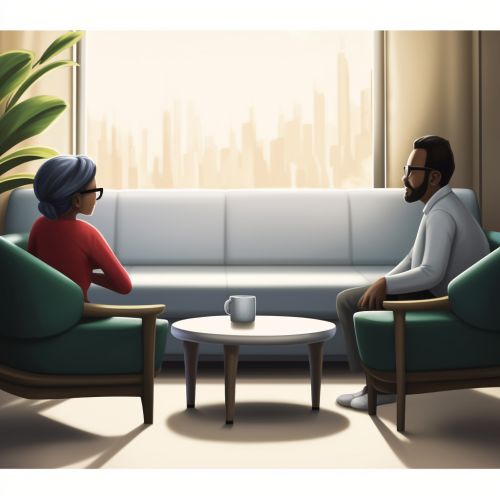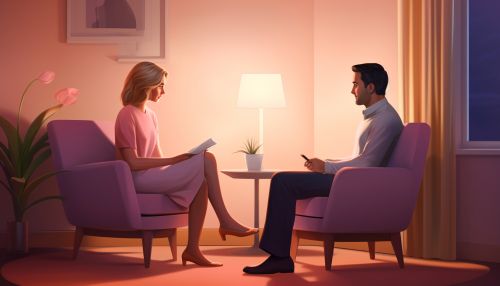Depression
Definition and Classification
Depression, also known as major depressive disorder or clinical depression, is a common and serious Mood disorder. It causes severe symptoms that affect how you feel, think, and handle daily activities, such as sleeping, eating, or working. To be diagnosed with depression, the symptoms must be present for at least two weeks.
Depression is classified into several subtypes. The most common include Major Depressive Disorder (MDD), Persistent Depressive Disorder (Dysthymia), and Bipolar Depression. Each subtype has unique characteristics, symptoms, and treatment approaches.


Symptoms and Diagnosis
Depression symptoms can vary from mild to severe and can include:
- Feeling sad or having a depressed mood
- Loss of interest or pleasure in activities once enjoyed
- Changes in appetite — weight loss or gain unrelated to dieting
- Trouble sleeping or sleeping too much
- Loss of energy or increased fatigue
- Feeling worthless or guilty
- Difficulty thinking, concentrating or making decisions
- Thoughts of death or suicide


Diagnosis of depression involves a comprehensive evaluation by a healthcare provider. This includes a physical examination, personal interview, and sometimes, a mental health assessment. Blood tests might also be done to rule out other medical conditions that have symptoms similar to depression.
Causes and Risk Factors
Depression is one of the most complex psychiatric disorders and its causes are not fully understood. However, it is believed to be caused by a combination of genetic, biological, environmental, and psychological factors. Certain risk factors can also contribute to the onset of depression, such as:
- Personal or family history of depression
- Major life changes, trauma, or stress
- Certain physical illnesses and medications


Treatment and Management
Depression is typically treated with psychotherapy (also known as talk therapy), medications, or a combination of the two. If these treatments do not reduce symptoms, electroconvulsive therapy (ECT) and other brain stimulation therapies may be options to explore.
Psychotherapy, or talk therapy, is a way to treat depression by talking about your condition and related issues with a mental health professional. There are several types of psychotherapy that can be effective in treating depression, such as cognitive-behavioral therapy (CBT), interpersonal therapy (IPT), and problem-solving therapy.


Antidepressants are medicines that treat depression. They can help improve the way your brain uses certain chemicals that control mood or stress. There are several types of antidepressants available, including selective serotonin reuptake inhibitors (SSRIs), serotonin and norepinephrine reuptake inhibitors (SNRIs), and atypical antidepressants.
Prevention
While depression may not be preventable, there are some strategies that can help reduce its risk. These include:
- Taking steps to control stress, to increase your resilience and boost your self-esteem.
- Reaching out to family and friends, especially in times of crisis, to help you weather rough spells.
- Getting treatment at the earliest sign of a problem can help prevent depression from worsening.
- Regular exercise and a healthy diet can also play a role in preventing depressive episodes.


Impact on Society
Depression has a significant impact on society, affecting productivity, relationships, and physical health. It is a leading cause of disability worldwide and contributes to the overall global burden of disease. The economic cost of depression is also substantial, due to lost workdays and healthcare expenses.


